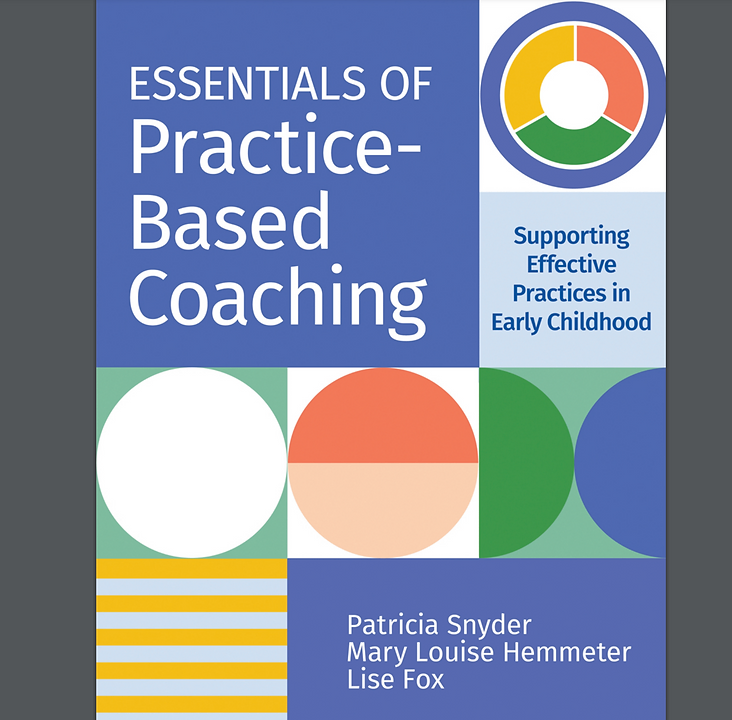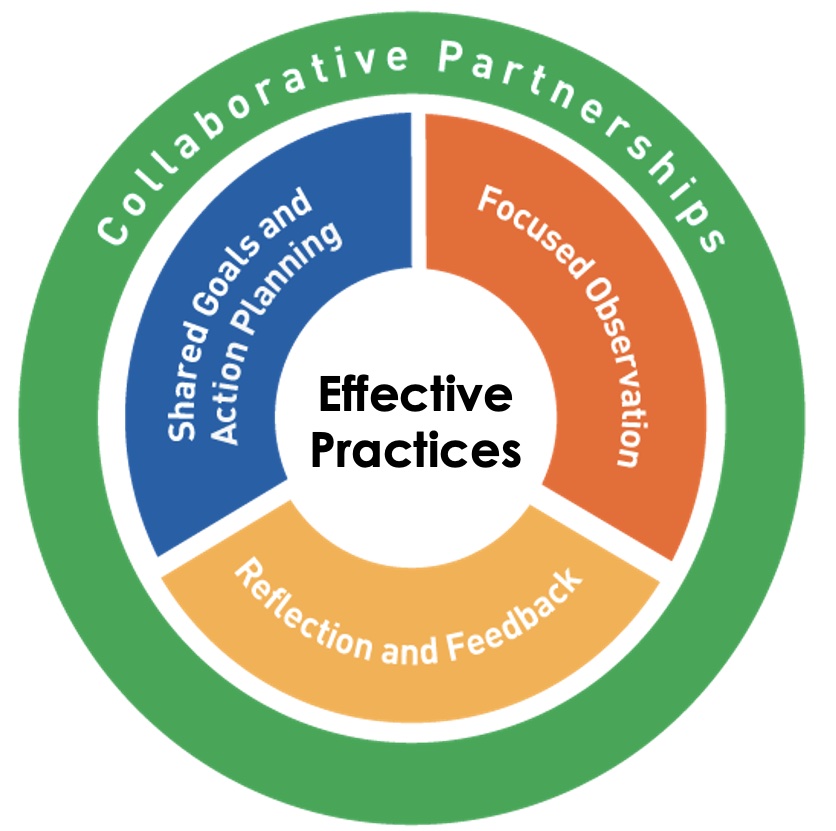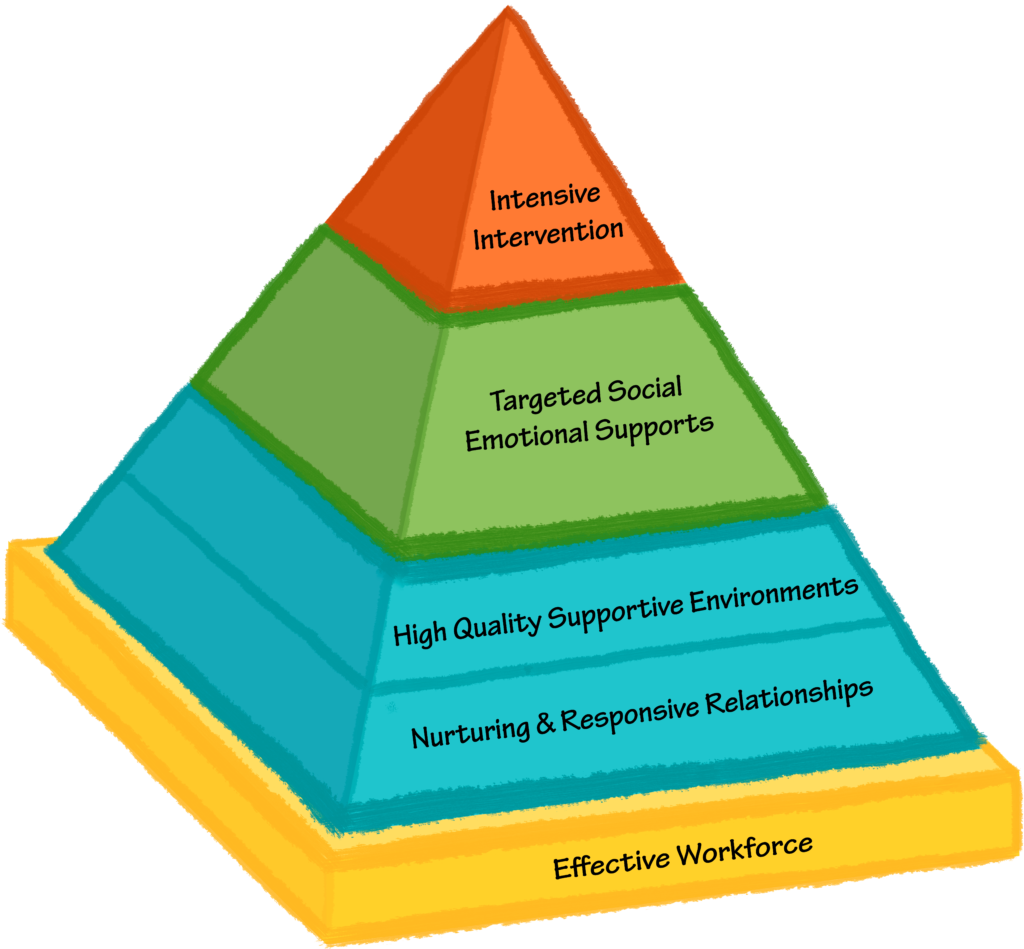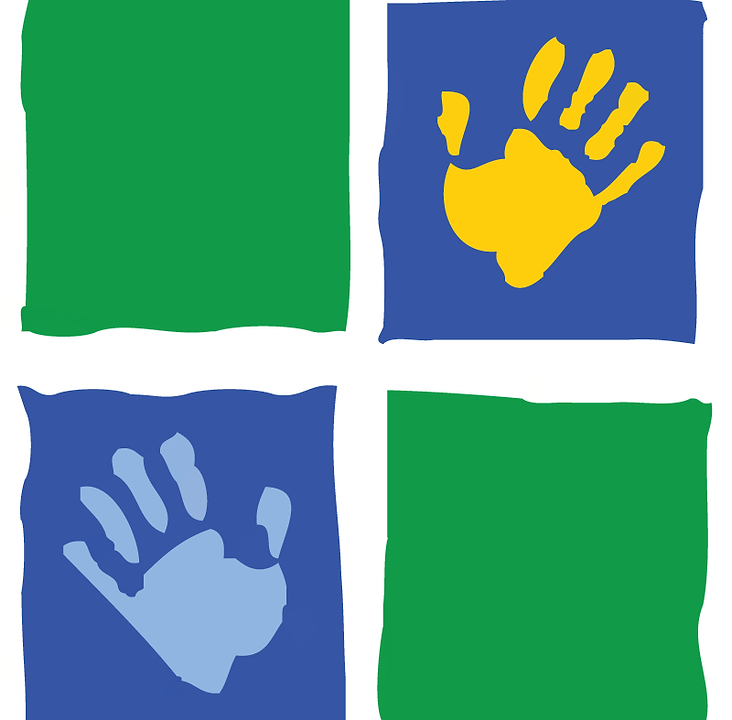Foundations of PBC-DIDM
Since 2007, members of the PBC-DIDM Project Team, have collaborated on Practice-Based Coaching (PBC) focused projects as well as other research endeavors that have informed the development of the PBC-DIDM model such as: Embedded Instruction for Early Learning, the Pyramid Model for Supporting Social Emotional Competence in Infants and Young Children, and BEST in CLASS.
The PBC-DIDM Project Team has many combined years of working together and with state and program leadership teams, coaches, practitioners, and families, to support the implementation of evidence-based PBC, professional development, and effective practices with children. PBC-DIDM is an opportunity to build on the team’s PBC-focused work, funded by the Institute of Education Sciences (IES), and to explore the translation of research to practice to advance learning and outcomes for young children and their families. Our work would not be possible without strong collaborative partnerships with participating states and early childhood programs who are serving as PBC-DIDM model demonstration sites.
To learn more about the PBC-DIDM Model Demonstration Project, watch this 8 minute presentation by Dr. Patricia Snyder.
This poster was initially presented at the Office of Special Education Programs Leadership and Project Directors Conference.
This model demonstration grant provides our team opportunities to show that PBC-DIDM can be implemented as intended by coaches working in the demonstration sites, rather than by external coaches who were part of our research studies.
Learn more about PBC Foundations
Below are select resources and links to help you and your team to learn about the evidence-base for PBC and other professional development supports that informed the development of the PBC-DIDM tools and resources.

Essentials of Practice-Based Coaching: Supporting Effective Practices in Early Childhood
This book—created by the respected developers of the Practice-Based Coaching (PBC) framework—is the first to offer a comprehensive introduction to this popular coaching approach and practical guidance on how to implement it with fidelity. Ideal for use in professional development, this research‐to‐practice resource gives readers a complete guide to implementing its three key components: shared goals and action planning, focused observation, and reflection and feedback.

P is for Practice-Based Coaching
Practice-based coaching (PBC) helps people learn what to do and say to support young children’s development and learning and their families. Coaches can support anyone who interacts regularly with young children, including practitioners and families. Anyone can benefit from receiving PBC, because what people learn to do or say as they support young children is matched to their strengths, needs and goals.

Pyramid Model
The Pyramid Model for Supporting Social-Emotional Competence in Infants and Young Children is a multi-tiered framework that organizes effective practices to support young children’s social-emotional competence and prevent or address challenging behavior.

Embedded Instruction for Early Learning
Embedded Instruction for Early Learning applies the 3R’s of Early Learning: Relationships, Repetition, Routines ™ to help children learn important skills during everyday activities with familiar people at home, in early learning programs and in the community. It is important for people who interact regularly with young children to learn how to do embedded instruction, because children learn best during everyday routines and activities with people and things that are part of everyday life.

BEST in CLASS
BEST in CLASS is designed to help people who interact with young children, including practitioners and caregivers, to encourage their social-emotional learning and development. When young children enter early childhood classrooms, most of them learn the social-emotional skills needed to actively engage in classroom activities and get along with practitioners and friends. Some children need additional support to learn how to follow classroom expectations and routines, participate in classroom activities and play with their friends. Caregivers and family members play an important role in fostering their children’s social-emotional skills at home and in the community. When children learn these social-emotional skills at school or home, they experience positive relationships with their practitioners, friends and family members which optimizes their early learning experiences and their future.
